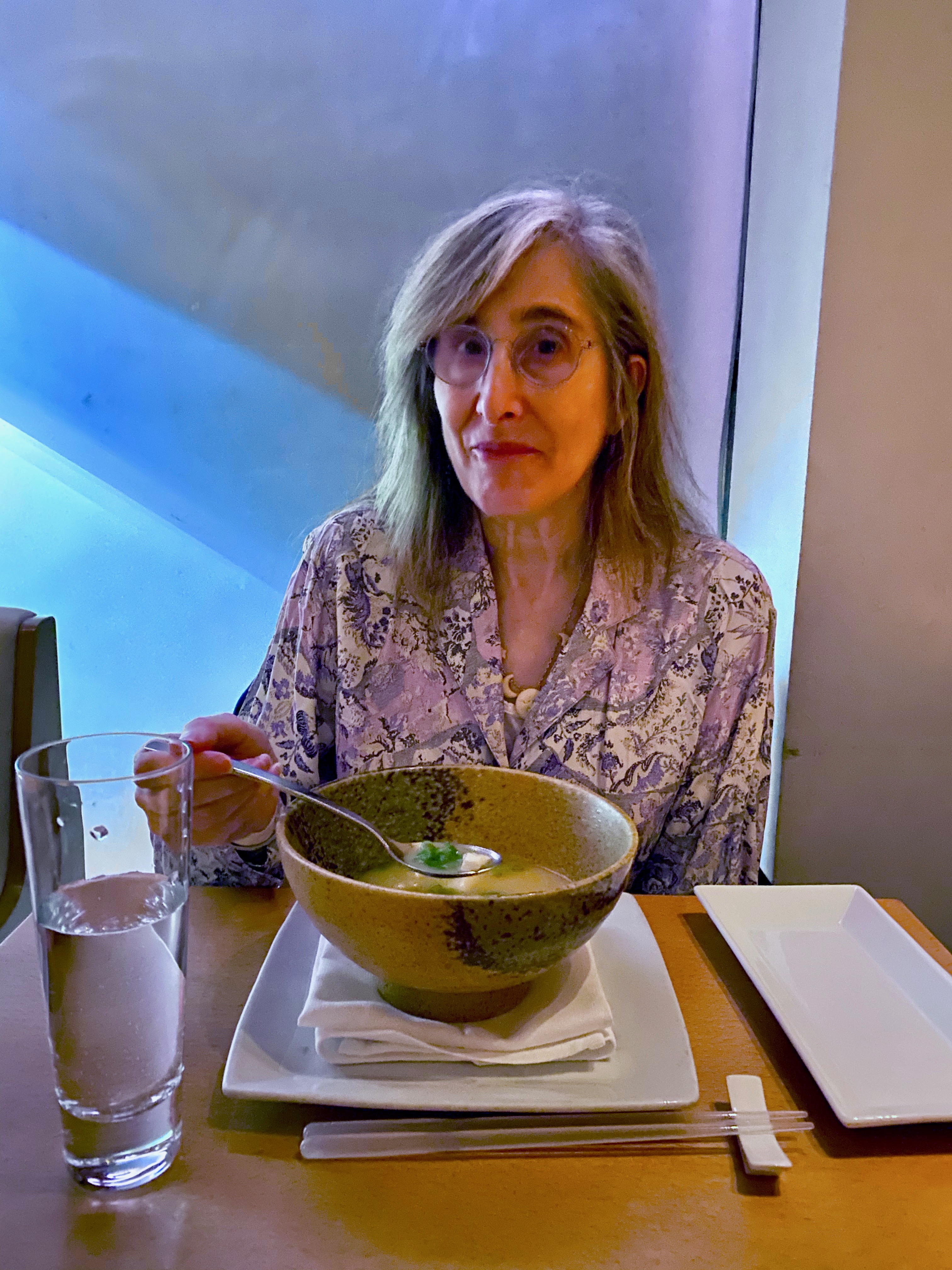For a Friend Going Deaf
The sun is a sack
that feeds the chick,
dispatching the argument
over whether ability
precedes need, as in
pears to butter, birds to seed.
You come to know the quality
of your humanity by how
you consider the equation:
from the top down, a kind
of sinking, or if you first glimpse
the bubbles at the bottom,
what opens gills to oxygen,
their absence demanding
the evolution of wings. Where
does ballast originate in
this silent medium? In salt,
in signals, in ink that settles
the words we mouth into
columns, the cooing to
a new species. When my father
lost his hearing, he saw spikes
rather than stars; what hammered
the railroad to the earth as he
experimented with explosives,
the railroad’s warning system
for oncoming boxcars. You say you’re
losing your best sense; you’ll be
trapped in a shell, beneath obstacle
without ambiance, the air that carries
sounds of a breast nestling to soothe
wet feathers, or the careless hands
of city children as they learn to turn
the eggs, ensuring they are watched
by the light equally. True loss is
not like that, slight and gradual.
It’s more like teaching someone
to stand on her own, through
orbit and tumble, and when
you finally lift your palm away
from her shoulders, she feels
as though she has always
mastered this keening sound
and precarious balance.
Jane Rosenberg LaForge
Jane Rosenberg LaForge writes poetry, fiction, and occasional essays from her home in New York. She is the author of four chapbooks of poetry and three full-length collections, the most recent being Medusa's Daughter from Animal Heart Press. She has also published a memoir and two novels. Her 2018 novel, The Hawkman: A Fairy Tale of the Great War (Amberjack Publishing), was a finalist in two categories in the Eric Hoffer awards. She reads poetry for COUNTERCLOCK literary magazine and reviews books for American Book Review.

